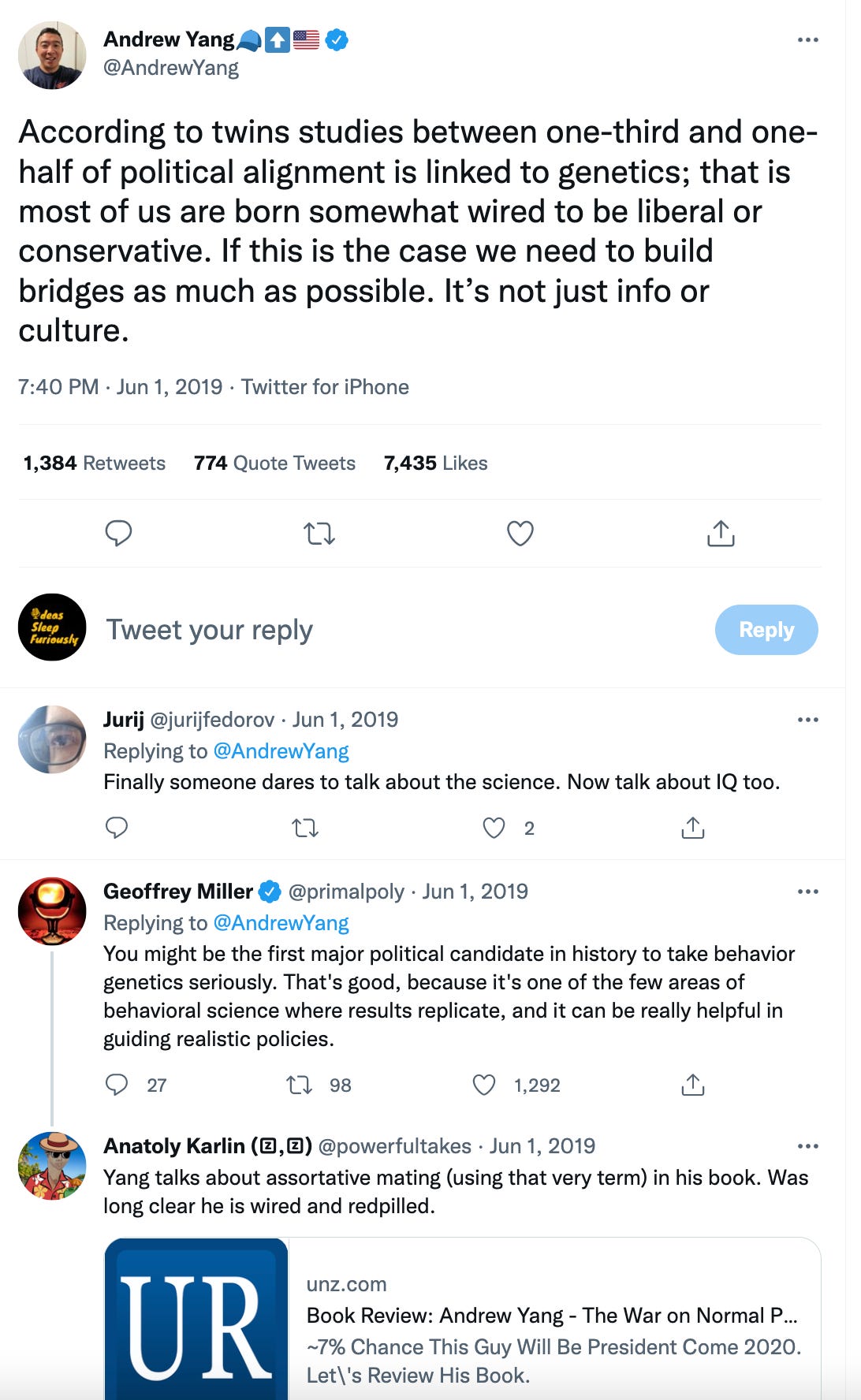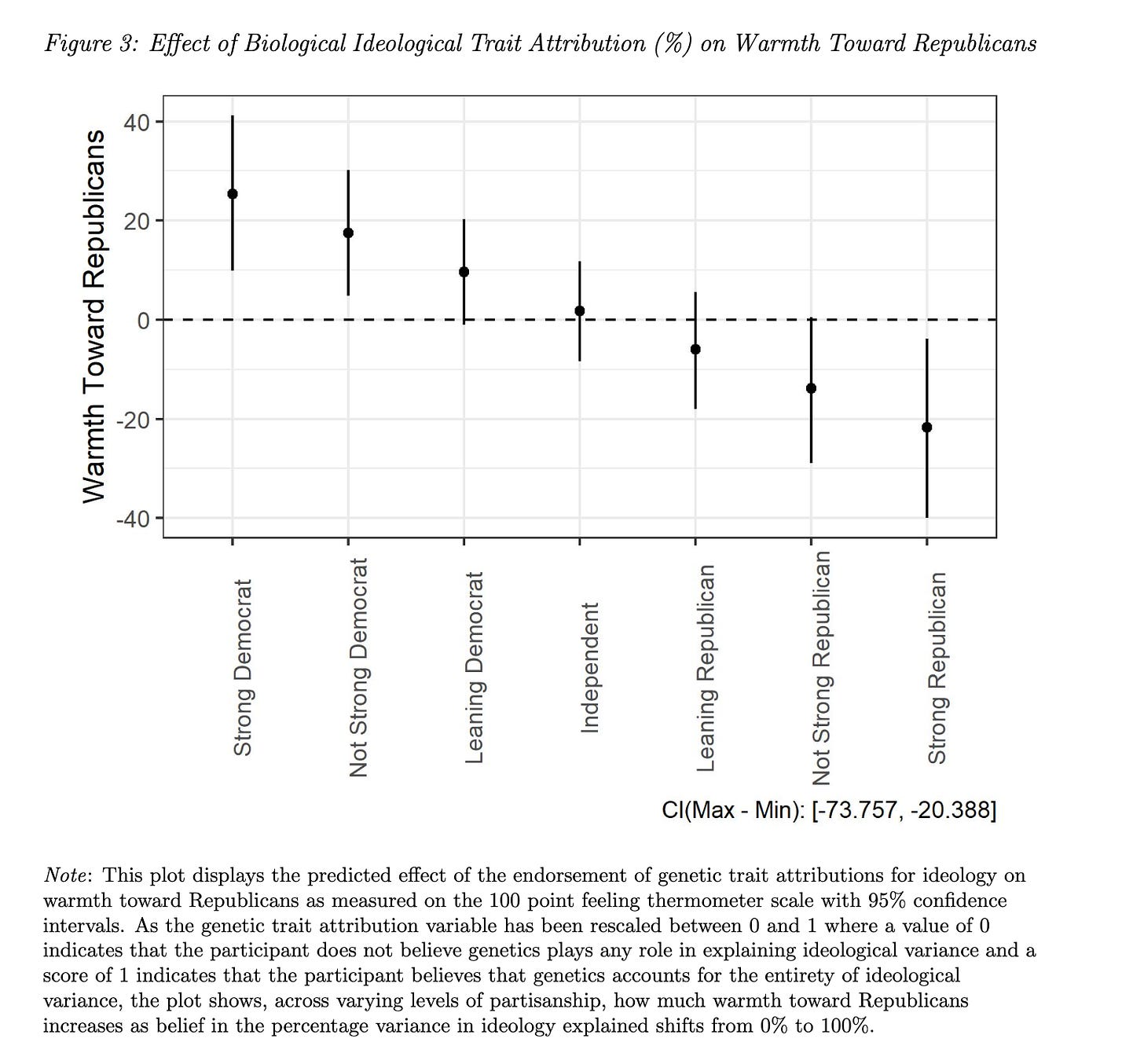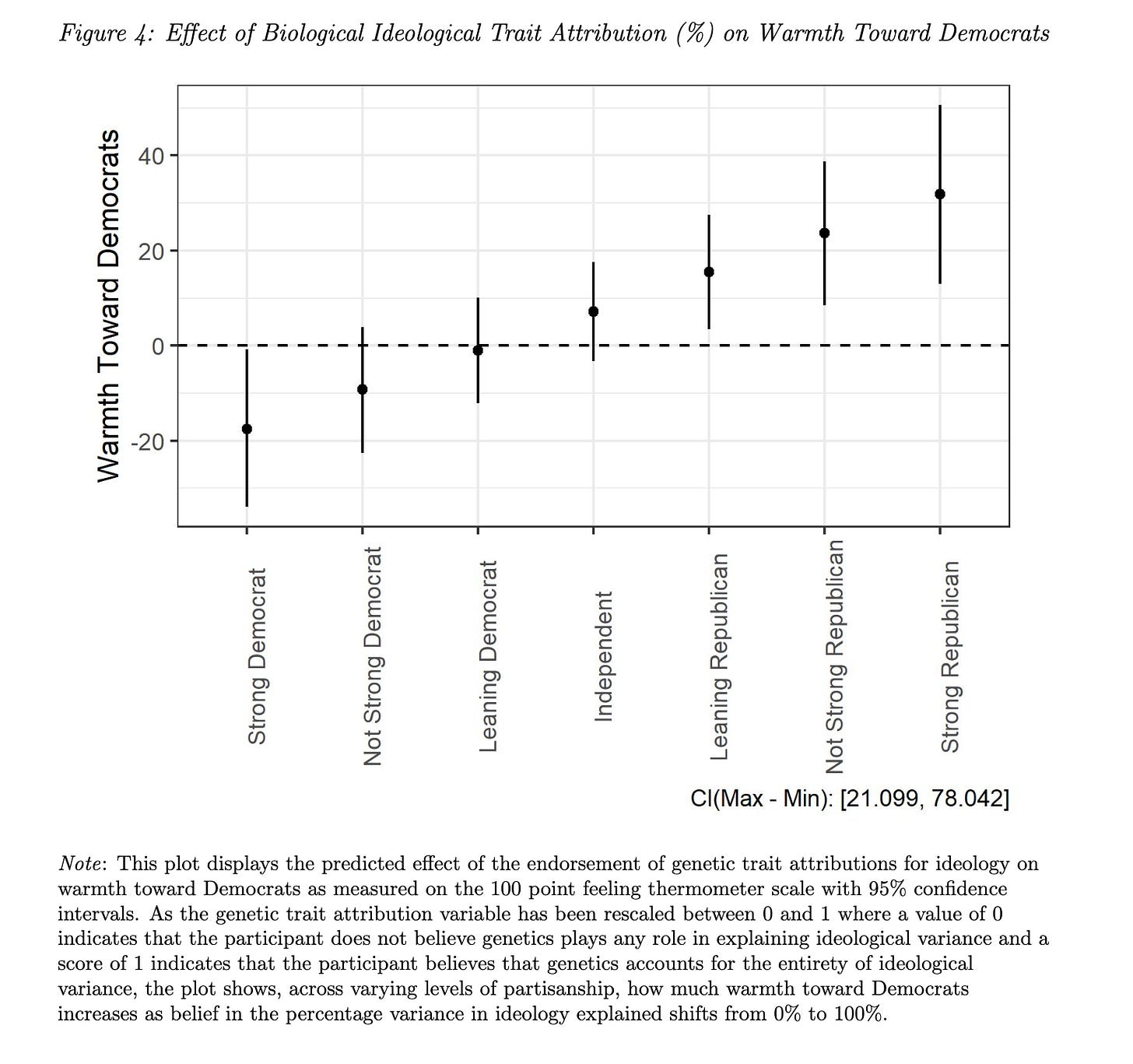Over 40 per cent of Democrats and Republicans agree that partisans on the other side of the aisle “are not just worse for politics, they are downright evil.”
Whilst America is more polarised than most countries, there are similar trends in almost every democracy.
The reasons polarisation occurs are deeply complex, making the prospect of easy solutions unlikely. Researchers and writers like Matt Goodwin, David Goodhart, Paul Collier, and Douglas Murray, have long pointed out that cultural grievances cannot be reduced to simple economic analyses. Classical Marxists were simply wrong to say that the ideological “superstructure” is wholly tied to the economic “base” of society. Culture is not just an epiphenomenon. Case in point: In Democracies Divided, Thomas Carothers and Andrew O’Donohue point out that India’s growing economy actually exacerbated polarisation.
But what would the world be like if we treated people’s political beliefs in the same way most people treat sexuality? That is, as very rarely chosen and substantially influenced by genetics. When Andrew Yang ran for the US Presidency, he won plaudits for his mature and scientific understanding of political polarisation:
This gave the political scientist Alexander Severson an idea: would exposing people to the facts about genetic influence on political ideology reduce their feelings of hostility to outgroups?
Political ideology is probably around 40 per cent heritable. But if you ask people to rank the extent to which ideology is attributable to genetic influences, environmental influences, or to personal choice, they:
[…] tend to believe that ideological beliefs are predominantly a matter of personal choice, with the average participant stating that approximately 54% of variation in ideology reflects personal choice, 37% of this variation reflects the influence of environmental factors, and only 9% of the variation in ideology reflects genetic factors.
So Severson had participants read an article summarising recent research on the neurobiological and genetic basis of political attitudes. The participants who read that article assigned an average of just over 23 per cent of the variation in political attitudes to genetic influences, over double those in the control group.
Severson then assessed whether participants increased their levels of polarisation with a 100-point feeling thermometer scale. We can contrast a hypothetical Democrat or Republican who believed that biological and genetic factors had no influence on ideological beliefs against a hypothetical Democrat or Republican who believed that biological and genetic factors completely determined ideology.
Strong Democrats’ warmth toward Republicans would be expected to increase by a significant 26 points on the 100 point feeling thermometer scale:
Whilst strong Republicans’ warmth toward Democrats would be expected to increase by a significant 32 points:
There are limitations to Severson’s study, which he details. For example, would reading an article on genetics really change a Republican’s warmth towards a Democrat who supported making abortion more accessible? Would it change a Democrat’s warmth toward a Republican who denied man-made climate change or the right to gay marriage? And to that extent, would the the support for a specific policy be perceived as more or less intentional than support for a political candidate?
We know, for example, thanks to research conducted by Jim Everrett and Cory Clark, that we tend to see acts we disapprove of as deliberate. People first decide whether someone is culpable, then they judge how much free will they have in order to justify the original belief.
Regardless, Severson acknowledges that this type of educative intervention probably isn’t go to radically weaken polarisation. But it does tell us that Andrew Yang was right: we should recognise that political beliefs are much more like sexuality than choosing a football team. As Severson concludes, it’s in:
[…] accepting that our own ideologies are partially the byproduct of biological and genetic processes over which we have no control, we may end up promoting a more tolerant and kinder civil society.
If you liked this, please do subscribe. Maybe give it a share to spread the gospel of rationality. And if you want to support my work, you can do so with a paid Substack subscription or using the following methods:
https://www.patreon.com/Ideas_Sleep
BTC wallet address: 1KHB3Mq7njTGfquABcREsiywaxmDbP2NPY
And subscribe to my YouTube Channel here.

















Will educating people about genetics reduce their hostility toward political outgroups?